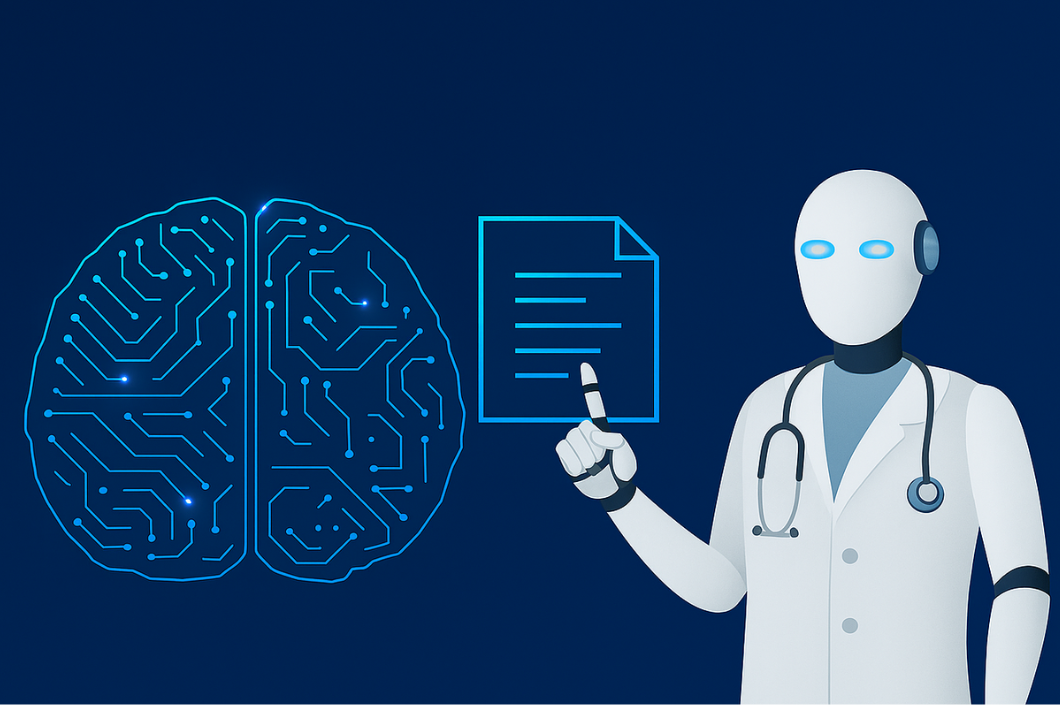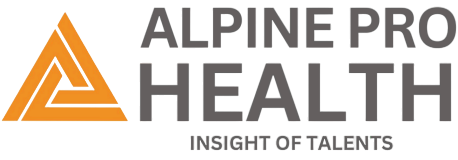Artificial Intelligence (AI) is transforming industries worldwide, and healthcare is one of the most promising fields for its application. From predictive analytics and diagnostic imaging to personalized medicine and virtual assistants, AI has the potential to revolutionize patient care and streamline operations. However, despite its benefits, AI adoption in healthcare faces several challenges, and organizations must address them to deliver sustainable value. This article explores the key challenges hindering AI adoption in Healthcare Medical Coding and potential solutions to overcome them.
The Promise of AI in Healthcare
AI offers a wide range of possibilities that can improve both clinical and administrative aspects of healthcare. Some notable applications include:
- Enhanced Diagnostics: AI-driven algorithms can detect diseases from imaging scans, pathology slides, and lab results with high accuracy, sometimes even outperforming human experts.
- Predictive Analytics: AI models can forecast patient outcomes, disease progression, and hospital readmissions, enabling providers to take preventive measures.
- Personalized Treatment Plans: By analyzing genetic information and patient histories, AI can support precision medicine, tailoring treatments to individual needs.
- Administrative Efficiency: Automating routine tasks such as medical coding, billing, and appointment scheduling reduces workload and minimizes human errors.
- Drug Discovery: AI accelerates drug development by identifying new molecules, predicting their effectiveness, and shortening research timelines.
While these benefits are significant, realizing them requires overcoming structural, technical, and ethical barriers.
Key Challenges in AI Adoption
1. Data Quality and Interoperability
Healthcare data often comes from multiple sources, including electronic health records (EHRs), diagnostic machines, wearable devices, and insurance claims. This data is fragmented, unstructured, and inconsistent. AI models need large, clean, and standardized datasets to perform effectively, but the lack of interoperability among healthcare systems hinders seamless data integration.
2. Privacy and Security Concerns
Patient health data is highly sensitive, and any misuse or breach can have serious consequences. Since AI requires massive datasets, people remain concerned about how organizations collect, store, and share data. Striking the right balance between data accessibility for AI training and maintaining patient confidentiality is a major challenge.
3. Regulatory and Compliance Barriers
AI technologies in healthcare must comply with strict regulations like HIPAA (Health Insurance Portability and Accountability Act) in the U.S. or GDPR in Europe. Additionally, the lack of clear regulatory frameworks for AI algorithms especially regarding transparency, accountability, and liability creates uncertainty for providers and developers.
4. Bias in AI Algorithms
AI systems are only as good as the data they are trained on. If datasets are biased or incomplete, the AI models may deliver inaccurate or unfair outcomes. For example, algorithms trained primarily on data from one demographic group may not perform well for others, leading to disparities in healthcare delivery.
5. High Implementation Costs
Deploying AI solutions in healthcare medical coding requires significant investment in infrastructure, software, and skilled personnel. Many hospitals and clinics, especially in developing regions, may find these costs prohibitive. The return on investment is also uncertain in the early stages, making adoption slower.
6. Resistance to Change
Healthcare professionals often show reluctance toward adopting AI due to fear of job displacement, skepticism about technology reliability, or lack of training. Clinicians and patients must build trust in AI to integrate it into daily workflows.
7. Ethical and Legal Concerns
Questions arise about accountability when AI makes a wrong diagnosis or treatment recommendation. Who is responsible for the developer, the provider, or the institution? Ethical dilemmas also emerge around AI decision-making transparency and the potential for reduced human involvement in patient care.
Potential Solutions to Drive AI Adoption
1. Improving Data Standardization and Interoperability
Adopting standardized data formats across healthcare systems is crucial. Governments, regulators, and technology vendors should work together to establish common frameworks for data exchange. Interoperability initiatives, such as Fast Healthcare Interoperability Resources (FHIR), can help create unified datasets that AI can use effectively.
2. Strengthening Data Security and Privacy
Robust data governance policies must be established to protect patient information. Techniques like data anonymization, encryption, and federated learning (where data remains within the hospital but models are trained collectively) can reduce privacy risks. Transparent policies about how patient data is used will also build trust among stakeholders.
3. Developing Clear Regulatory Frameworks
Regulators should provide comprehensive guidelines for AI development and deployment in healthcare medical coding. This includes defining standards for validation, accountability, and algorithm transparency. By creating clear rules, healthcare providers can adopt AI solutions with confidence and minimize legal uncertainties.
4. Mitigating Algorithm Bias
To reduce bias, AI models should be trained on diverse and representative datasets. Independent audits and continuous monitoring of AI systems can identify and correct biases over time. Collaboration between data scientists, clinicians, and ethicists is necessary to ensure fairness in AI-driven decisions.
5. Reducing Costs Through Scalable Models
Cloud-based AI solutions, open-source frameworks, and partnerships with technology vendors can lower implementation costs. Additionally, pilot programs can demonstrate the return on investment before large-scale rollouts, helping institutions justify the expenditure.
6. Training and Upskilling Healthcare Professionals
Educational programs should be designed to familiarize clinicians with AI tools. Instead of viewing AI as a threat, healthcare workers must understand it as a supportive tool that enhances their expertise. Building trust requires hands-on training and demonstrating AI’s ability to improve efficiency and patient care.
7. Addressing Ethical and Legal Questions
Developing AI ethics boards within healthcare medical coding institutions can guide responsible AI use. Establishing shared accountability models between providers, developers, and insurers will also help clarify liability issues. Moreover, maintaining human oversight in AI-assisted decisions ensures that technology complements, rather than replaces, clinical judgment.
The Road Ahead
AI adoption in healthcare is not a question of “if” but “when.” While challenges are inevitable, they are not insurmountable. The focus should be on collaboration between technology providers, healthcare organizations, policymakers, and patients to ensure responsible and equitable AI deployment.
Looking ahead, we can expect AI to play a larger role in:
- Telemedicine and Virtual Care: AI-powered chatbots and symptom checkers will enhance remote consultations.
- Population Health Management: Predictive analytics will help track public health trends and prevent outbreaks.
- Advanced Imaging and Robotics: AI will further integrate with surgical robots and imaging systems to improve accuracy and outcomes.
- Value-Based Care: AI-driven insights will support preventive care and reduce unnecessary costs.
By addressing the challenges strategically, the healthcare industry can fully leverage AI’s potential to deliver better outcomes for patients, providers, and payers alike.
Conclusion
AI has the potential to redefine healthcare medical coding by improving efficiency, accuracy, and patient outcomes. However, challenges such as data quality, privacy concerns, regulatory ambiguity, and ethical dilemmas must be tackled with deliberate solutions. By focusing on interoperability, security, bias mitigation, professional training, and ethical governance, the industry can create a robust foundation for AI adoption.
Healthcare is fundamentally about people, and AI should serve as a powerful tool that empowers clinicians and enhances patient care. With a collaborative approach, AI can move from being a promising innovation to becoming an indispensable part of modern healthcare.


